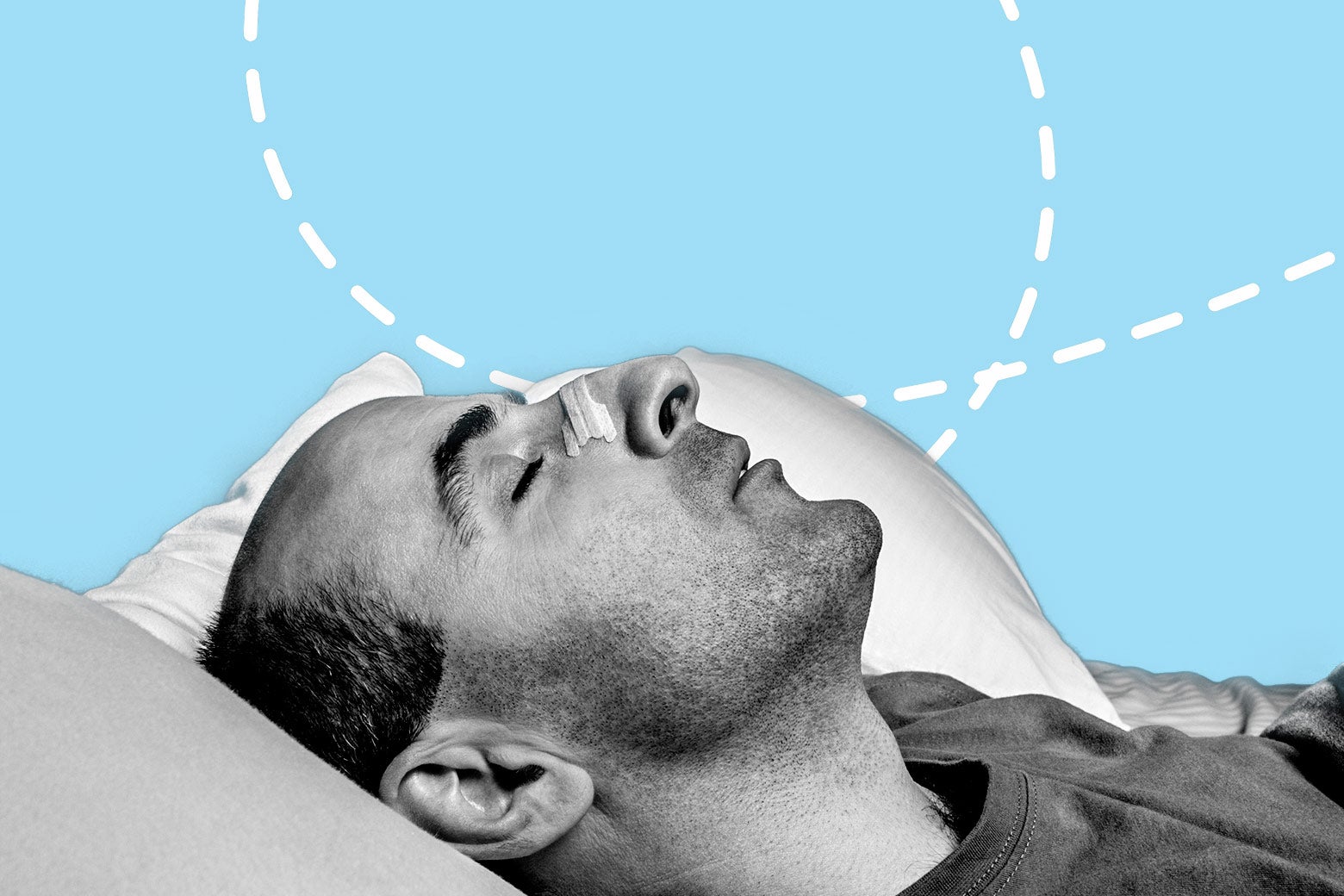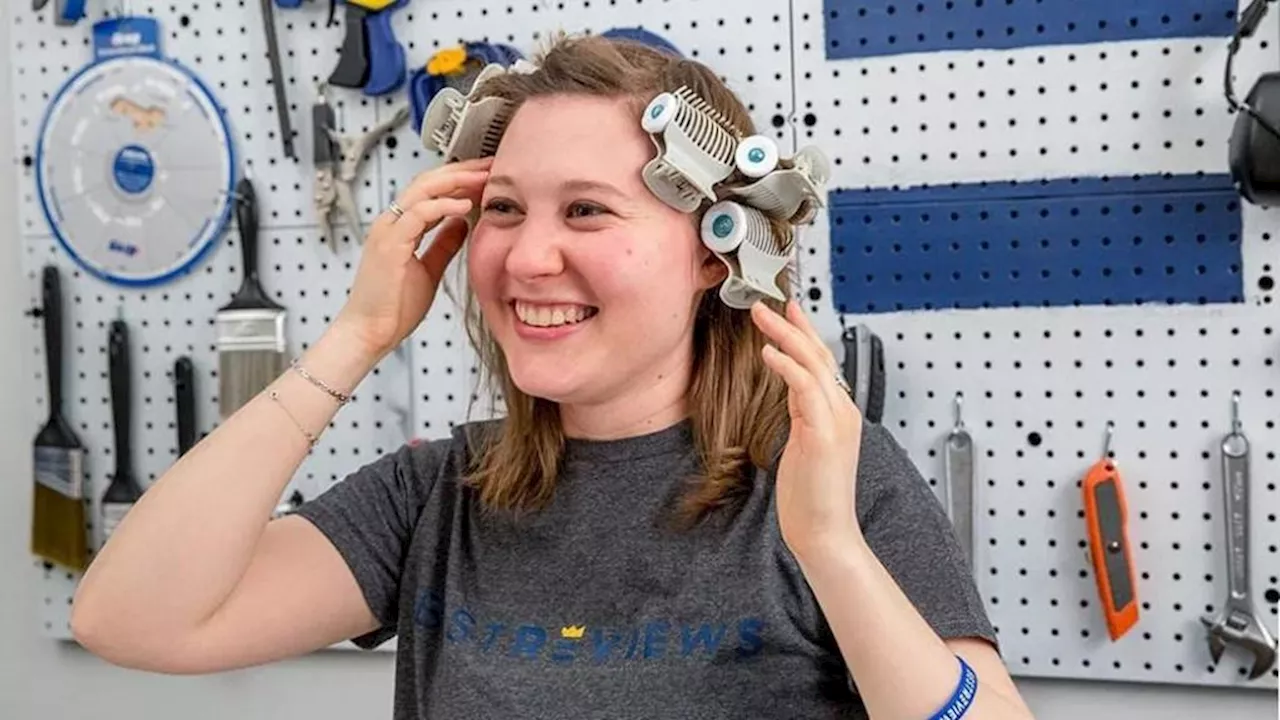Snoring can disrupt not only the snorer’s sleep but also their partner’s rest. In a recent episode of the podcast How To!, journalist Andrew Zaleski shared his personal struggle with snoring and the steps he took to address this common issue. His journey involved extensive research, experimentation with various anti-snoring devices, and consultations with sleep experts.
Zaleski’s experience began when he realized that his snoring was disturbing his wife’s sleep. Determined to find a solution, he launched a thorough investigation into the causes of snoring and potential remedies. His findings offer insights into both the science of sleep and practical solutions for those affected by this condition.
Understanding Snoring and Its Impact
Snoring occurs when airflow through the mouth and nose is partially obstructed during sleep. This can result from various factors, including nasal congestion, obesity, or sleep position. According to the American Academy of Otolaryngology, snoring affects over 40% of adults at some point in their lives, leading to increased health risks and relationship strain.
Zaleski explored several anti-snoring products, including nasal strips, mouthguards, and even a chin strap designed to keep the mouth closed during sleep. Each product had its own set of advantages and challenges, and Zaleski candidly shared his experiences with each one.
One notable solution he examined is positional therapy, which encourages individuals to sleep on their sides rather than their backs. Zaleski learned that this simple adjustment could significantly reduce snoring in some cases. He also consulted with sleep experts who emphasized the importance of lifestyle changes, such as weight loss and avoiding alcohol, which can exacerbate snoring.
Expert Opinions and Recommendations
The episode featured insights from sleep specialists who provided additional strategies for managing snoring. Dr. Michael Breus, a clinical psychologist and sleep specialist, emphasized the value of understanding the underlying causes of snoring. He recommended a comprehensive sleep study for those with persistent issues, as this can help identify specific problems, such as sleep apnea, which may require medical intervention.
Zaleski’s exploration highlights the significance of addressing snoring not only for personal comfort but also for maintaining healthy relationships. His findings resonate with many who face similar challenges, offering hope and practical steps toward a quieter night’s sleep.
For those interested in learning more about Zaleski’s journey and the solutions he discovered, the full episode of How To! is available on popular podcast platforms, such as Apple Podcasts, Spotify, and Amazon Music. By sharing his personal story, Zaleski aims to help others navigate the complexities of snoring and improve their sleep quality.
Ultimately, his investigation serves as a reminder that with the right information and tools, it is possible to tackle this common yet disruptive issue effectively.







